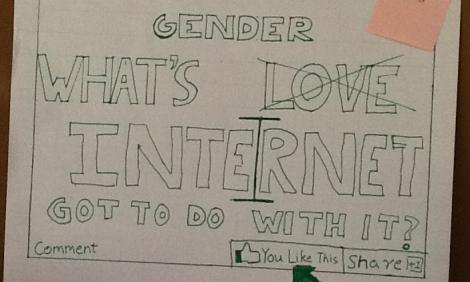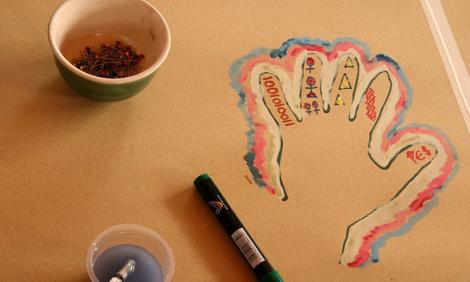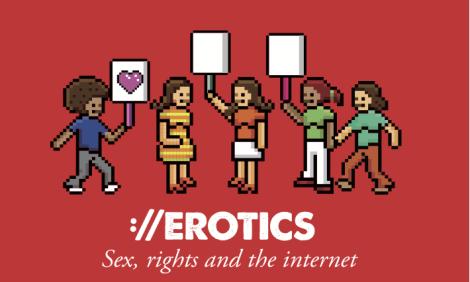Feminist talk
Like being on the street: Women and online abuse
This is the second in a series of posts reporting on the day-long “Connect Your Rights!” meeting held in Mumbai in November 2013. The meeting explored topics such as tools to combat violence against women, pornography, sexuality, and freedoms and risks in the online world.
Feminist talk
Snippets from Connect Your Rights, Mumbai
Point of View held “Connect Your Rights!”, an all-day meeting exploring the links between gender rights, sexual rights, and Internet rights, on November 11, 2013 at Mumbai. It was the first meeting in the second phase of the EROTICS India project. The first phase comprised of an exploratory research study on sexuality and ICTs in India.

In depth
Tangled, like wool - Sex, sexuality and the internet in India
A recent survey of sexual rights activists in India shows that most consider the internet an integral part of their activism. Tangled, Like Wool explores several intertwined questions arising from this: What does the internet bring to sexual rights activism? Do the online and the offline complement each other in this kind of activism? How does keeping the internet free and open strengthen…
Feminist talk
Rediff and Rape Threats: What Rediff Could Have Done to Support Kavita Krishnan
On 24 April, Kavita Krishnan, a leading figure in the anti-rape protests that have been rocking India since December 2012, was the target of online abuse on a public online chat on Rediff - an Indian leading media company and internet services provider. Ironically, the chat was addressing the topic of rising incidence of rape, and Kavita was invited specifically by Rediff to respond questions…
Publication
Women and online abuse in India: Submission to Special Rapporteur on Violence Against Women
In the Indian context, the internet has played a critical role in opening up rights for women on one side of the digital divide, giving them access to vital (at times, life altering) information and an opportunity to exercise (some for the first time) their right to free speech and expression through platforms such as blogs, micro blogs and social media. However, as in their lives offline, in the…
Feminist talk
“A Facebook status can get you arrested faster than killing someone now”
In India, the largest democracy on Earth, 21-year old girl Shaheen Dhada was arrested for posting a status update on Facebook questioning the complete shutdown of cities for Bal Thackeray’s (rightwing leader notorious for inciting religious hatred and violence) funeral on Sunday, 18th November. Her friend Renu Srinivas was also arrested for “liking” the update which reportedly read: "People like…
Publication
Universal Periodic Review: Submission on internet-related human rights issues in India
In the submission, the Digital Empowerment Foundation (DEF) is particularly concerned with making the internet an effective tool to exercise rights to information in India. DEF believes that the internet plays a major role in accessing information and thus a tool for social and economic development. This submission outlines India’s progress and specific areas of concern: information technology…

In depth
Secure communications essential to women's rights defenders
Grady speaks to women's human rights defenders from India and Philippines who use ICTs in their work. They share their views how the right to freedom of association is exercised by women through ICTs. Speaking from their own experience, they dispelled some of the common myths surrounding the internet and ICTs use.
Publication
MEDIA BRIEF: Censorship, sexuality and the internet
What is sexual content on the internet? What are sexuality and sexual rights? Which communications rights are critical for people's sexual rights? What are the most common threats to people's sexual rights? What are some of the methods and impacts of censorship of "sexual content" on the internet? These and other issues are highlighted by the media brief published by APC as part of the EroTICs…

Publication
EROTICS: Sex, rights and the internet - an exploratory research study
How is the internet a key public sphere for the struggle for sexual citizenship and the exercise of sexual rights? What is its value to a diversity of users, especially those most marginalised or discriminated against because of their sexual, gender or other forms of social identity? Why do arguments for the regulation of the internet anchor on the moral imperative to regulate sexuality? Who are…





